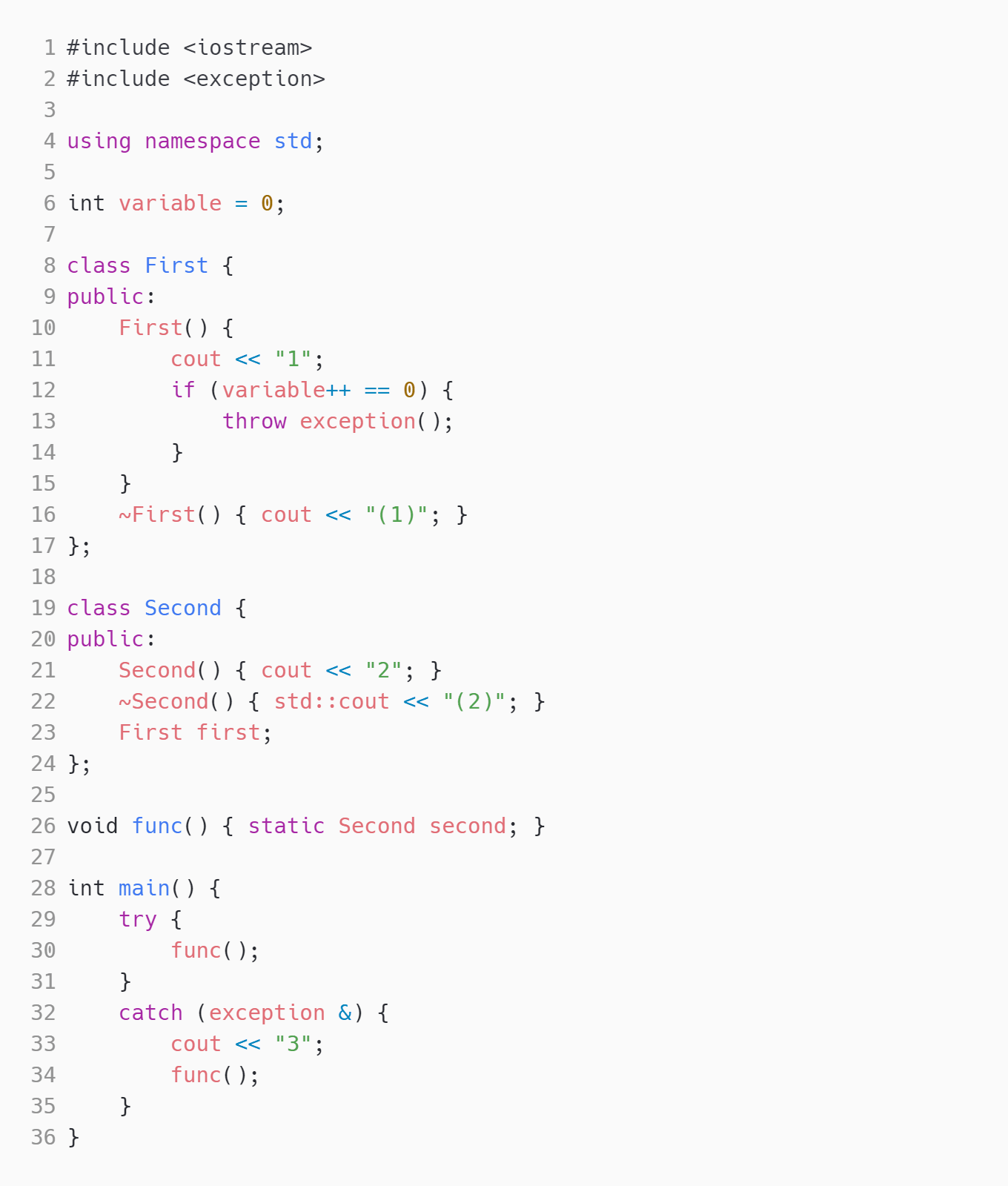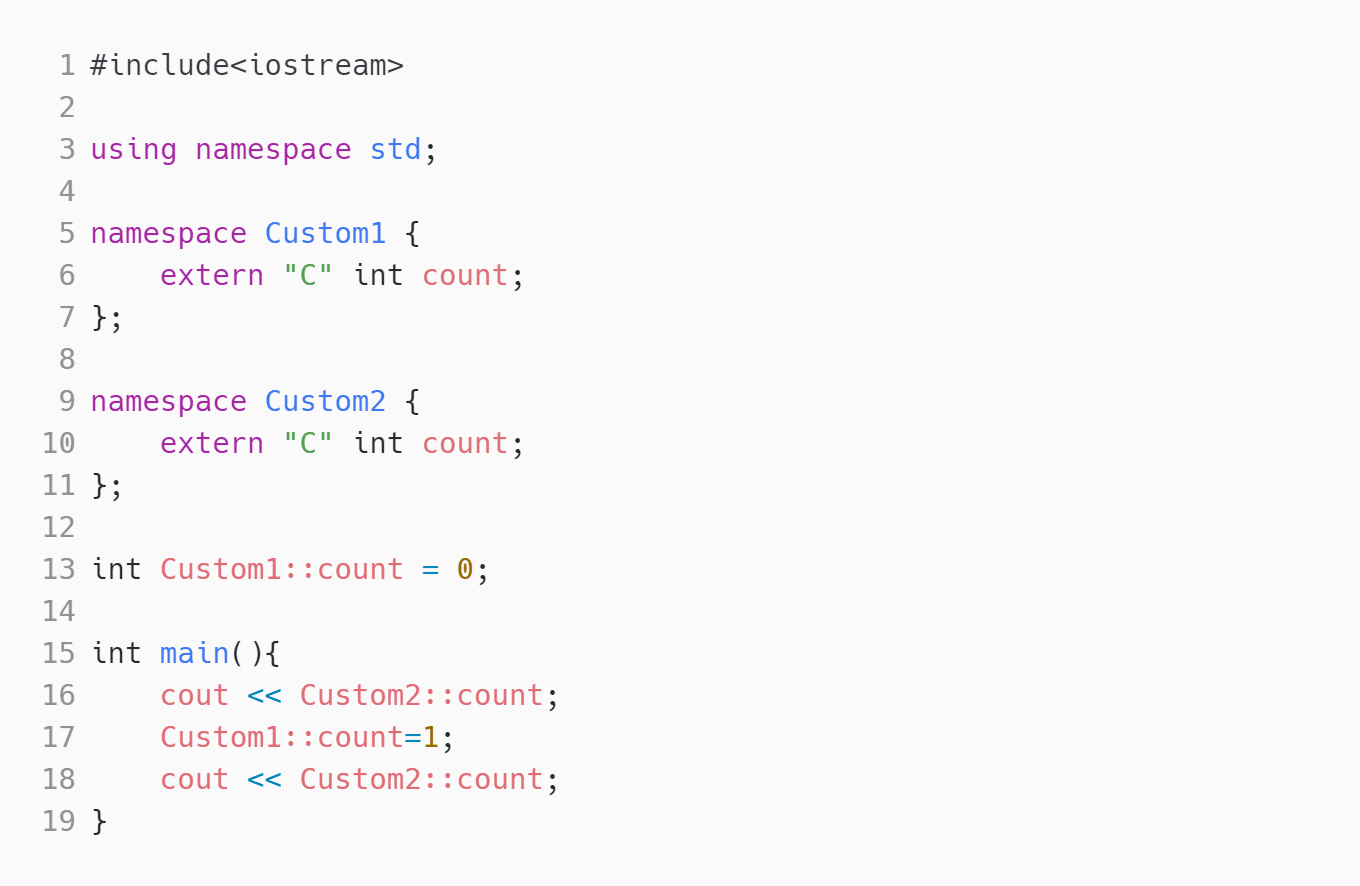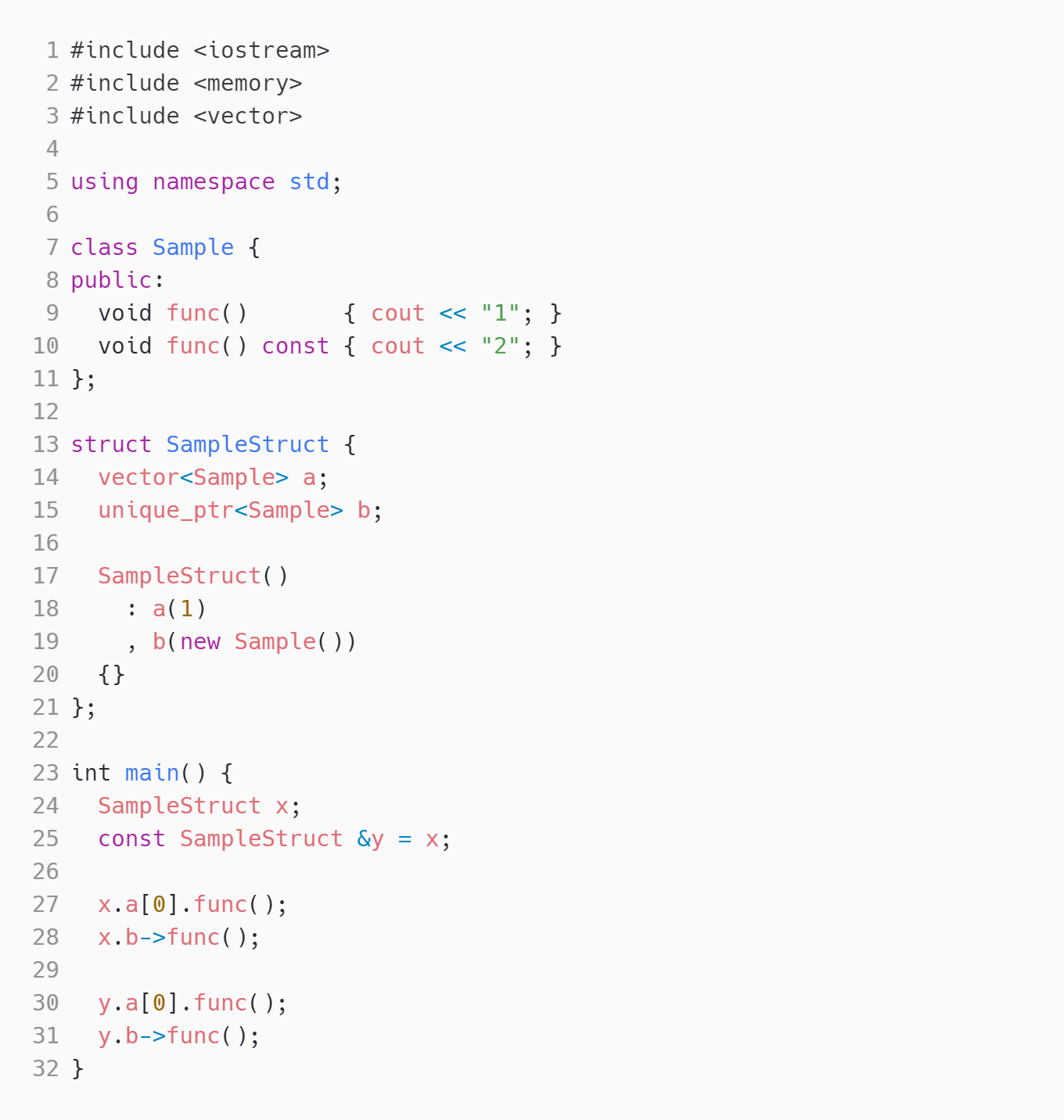Syntax and compilation errors: This skill involves identifying and correcting errors that cause a program to fail during compilation. Mastery of syntax rules and compiler diagnostics is essential for building functional C++ programs from source code.
Logical errors: Logical errors occur when a program compiles successfully but behaves incorrectly due to flawed logic. Detecting and fixing these errors is crucial for ensuring the software performs its intended tasks accurately.
Debugging tools and techniques: Familiarity with debugging tools like GDB and techniques such as breakpoints and step-through debugging enables efficient identification and rectification of code issues. This knowledge significantly enhances problem-solving efficiency and code reliability.
Memory management: Effective memory management prevents leaks and overflows, ensuring efficient resource utilization. Proper handling of dynamic memory is essential in avoiding program crashes and undefined behavior.
Pointer errors and segmentation faults: Pointer mismanagement can lead to serious issues like segmentation faults. Understanding and debugging pointer errors is vital to maintain program stability and prevent security vulnerabilities.
Stack and heap management: Correct management of stack and heap memory is crucial to avoid resource exhaustion and memory corruption. This includes understanding scope and lifetime of variables, which ensures optimal performance and reliability.
Error handling and exceptions: Proper error handling using exceptions and error codes ensures robust software that can gracefully recover from unexpected situations. This prevents program crashes and improves user experience.
Algorithmic debugging: Algorithmic debugging requires tracing and correcting errors in logical implementation of algorithms. This skill is essential for ensuring the correctness and efficiency of code.
Code efficiency and performance: Optimizing code for performance is critical in resource-constrained environments. Understanding how to write efficient code improves responsiveness and reduces operational costs.
Variable scope and lifetime: Awareness of variable scope and lifetime prevents hard-to-diagnose bugs related to unintended variable values and memory usage. Proper management is key to maintaining predictable program behavior.
Threading and concurrency issues: Managing concurrency and threading issues such as race conditions and deadlocks is paramount in multi-threaded applications. Skilled handling ensures efficient program execution and stability.
Undefined behavior: Undefined behavior can lead to unpredictable program results and security vulnerabilities. Recognizing and avoiding constructs that cause undefined behavior ensures more reliable and secure code.
























































